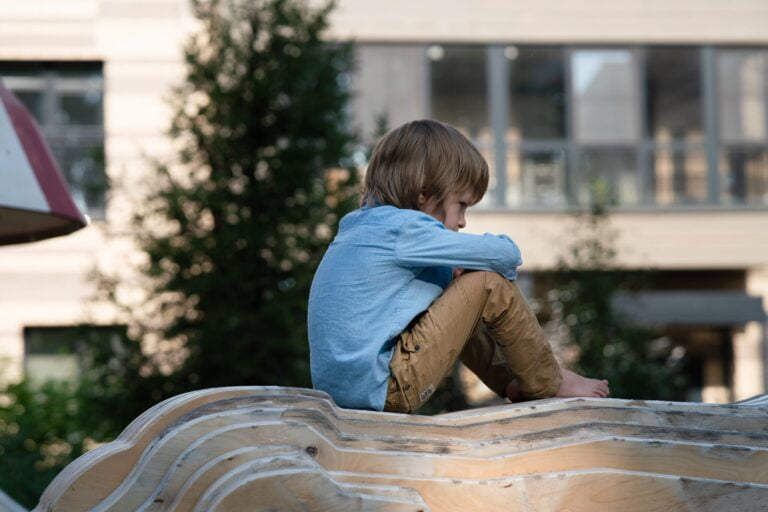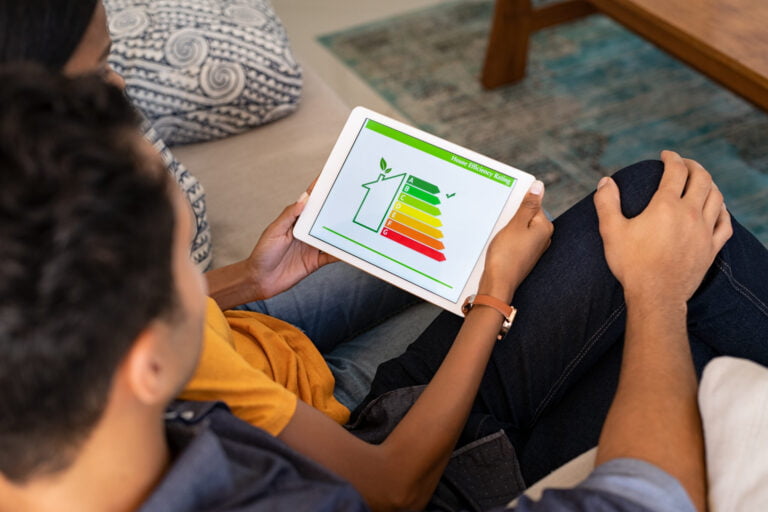Divorce can be a challenging time for all members of a family, especially young children who might not fully comprehend the situation. The transition can be complex and filled with emotions which could prove to be stressful for a young mind. However, as parents, it is critical to provide your children with the necessary support and guidance they need during this crucial time. Here, we will explore some useful strategies to help your young child navigate through your divorce. Below are insights into significant factors to consider to ensure your child’s adjustment during the transition.
The Importance of Co-Parenting

Apart from dealing with the emotional aspect, practical arrangements must also be considered. A well-structured plan for child custody and child support in Maryland or any state you reside in can play a vital role in providing stability for your child. Parents must strive to show unity and readiness to continue supporting their children irrespective of their differences.
Co-parenting allows your child to maintain relationships with both parents. Regular communication regarding the child’s welfare can smoothen the process considerably. It’s critical that issues between the parents are not allowed to affect the child’s life or relationship with either parent. Avoiding bad-mouthing the other parent in front of the child can alleviate feelings of discomfort and confusion.
Putting the child’s needs before any antagonistic feelings you might have towards the ex-spouse can be challenging but is necessary for the child’s mental and emotional well-being. Separation should in no way imply the child having to choose sides.
Use Age-Appropriate Tools and Resources
You can use resources such as books and toys designed to explain divorce in a child-friendly manner. For example, the recently released Barbie doll line includes a book entitled “Big Changes for Barbie” that addresses concepts like divorce and blended families.
Such resources can provide not only a means of explaining the situation but also a medium for children to express their feelings possibly in indirect ways. It allows them to ask questions and understand that other families go through similar experiences.
Older children may find comfort in support groups or forums where they can interact with peers who are also experiencing the trials of parental divorce. Remember, each child is unique and may respond differently to different tools or resources. Keeping the lines of communication open enables you to find the best-suited approach for your child.
Understanding and Addressing Your Child’s Emotions

It’s common for young children to feel a variety of confusing emotions during a parental divorce. They might fear the unknown, grieve the loss of the intact family unit, or even feel a sense of guilt, thinking they may have been the reason for the separation. It’s essential to encourage communication and allow your child to express their feelings. Give them affirmation that it’s okay to feel upset, scared, or angry about the situation. Reassure them that these feelings are natural and will eventually ease with time.
It’s also crucial to maintain consistency in their day-to-day routines. Ensuring they still engage in familiar activities can provide some sense of normalcy amidst the upheaval. Additionally, professional help such as a child psychologist may be beneficial in creating a safe space for your child to discuss their feelings.
Finding a balance between explaining the situation, without sharing too much detail, can give your child clarity without overwhelming them. It’s important to remind them that while you and your partner might be divorcing, the love for your child remains the same, and both parents will continue to be there for their nurturing and upbringing.
The Beauty of Patience and Time
The reality is that the healing process does not happen overnight. Children need time to adjust to the new family structure and to fully grasp the idea of their parents living apart. It is critical for parents to be patient with their children and themselves during this challenging transition period.
We must remember that children are incredibly resilient. Even though they might initially struggle with the changes, time and consistency will enable them to adapt. Repeat affirmations that you will navigate through these challenging times together.
Never forget every small gesture matters. Your consistent presence, willingness to listen, and patience can be instrumental in helping your child cope with the changes happening in their life due to your divorce.
In conclusion, divorce is inevitably tough for every member of a family, but especially for young children who may not fully comprehend the changes happening around them. However, a thoughtful, compassionate approach focusing on addressing their emotions, using supportive tools and resources, maintaining important routines, and providing reassurance can make a significant difference in helping your child navigate through this difficult journey.







